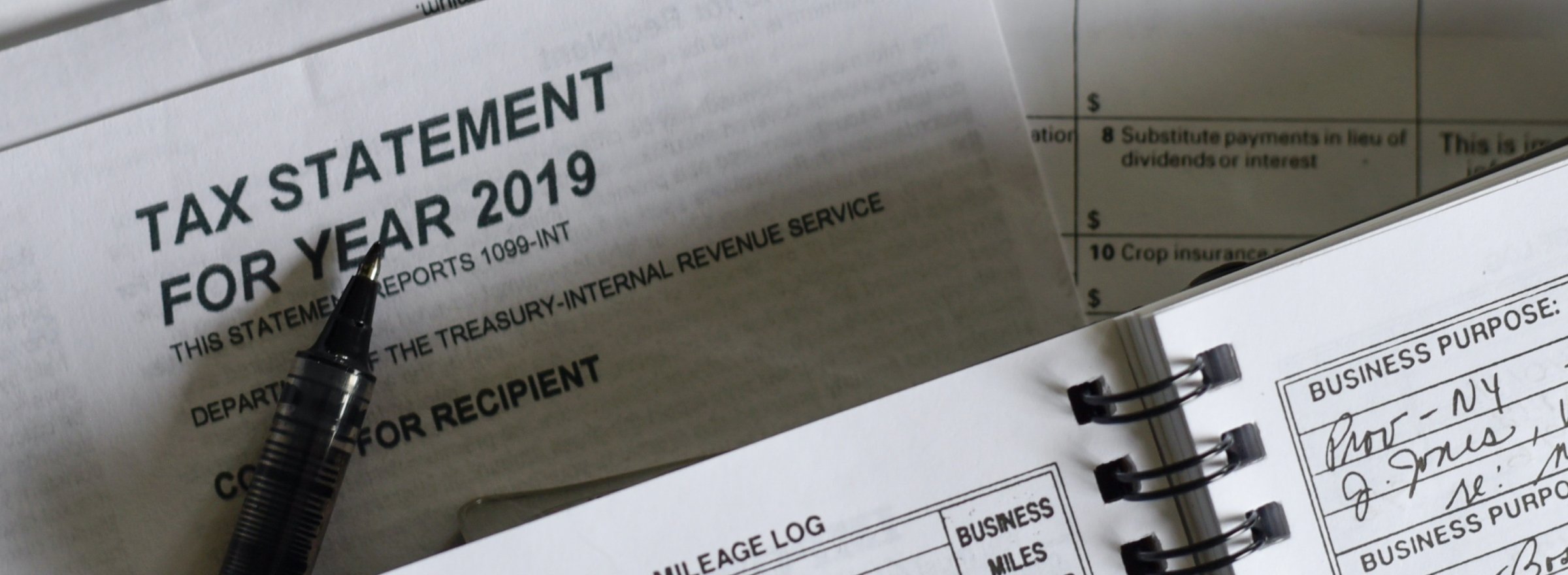Taxes are a necessary part of life. This might feel especially true when it comes to small business accounting, and it’s an unfortunate fact that many smaller businesses end up paying more in tax than they need to.
Let’s look at some of the ways you can make your small business more tax efficient.
1. Become incorporated
If you’re still operating your small business as a sole trader, switching up the structure and becoming a limited company will immediately offer tax benefits.
Income tax received as a sole trader will be liable for tax of up to 45%, while corporation tax on company profits is lower at 19%.
2. Capital allowances
Making sure you take advantage of business expenses is vital for bringing your tax bill down. Deducting costs involved in the running of your business from your pre-tax profit will mean you’ll pay less tax overall.
It’s important to know what you are entitled to write off. An accountant will be able to help with this, or you could check out the GOV.UK website.
Allowable expenses can include certain office costs, travel costs, work clothing, staff costs, stock, advertising, and training.
3. Corporation tax relief
Check if there’s any specific tax relief that applies to your business – you could end up saving thousands.
Example of schemes under which you can save on corporation tax include The Patent Box for patent-holders, the Research & Development (R&D) fund for SMEs, or the CITR relief scheme for creative industries.
4. Trading loss
If your business makes a trading loss (when expenditure exceeds income during an accounting period), you can claim a tax relief against this loss.
This is done by offsetting the loss against profits or gains from the same period, thus bringing down the tax you need to pay on what you did make. An accountant can walk you through this if you’re unsure if it applies to you.
Be Tax Efficient
Our small business accounting service makes things as simple and seamless as possible for you. Your dedicated account manager will ensure your SME operates tax efficiently and compliant with UK tax laws. Get a quote and benefit from QAccounting's services today!
5. Paying yourself
Limited company directors usually choose to pay themselves a low salary and draw money elsewhere from the business (such as dividends).
This is to help save on paying income tax – so long as it doesn’t exceed the annual Personal Allowance (£12,570 for the 2022/23 tax year).
Directors will want to be mindful of the National Insurance thresholds, too. The NI primary threshold was previously lower than the income tax threshold, but will be changed to £12,570 from July 2022, so long as the salary isn’t below this, you’re not liable to pay it on your salary as Director.
Remember there are implications to paying yourself a low salary – such as reduced entitlement to state benefits – so speak to an accountant to find out if it’s the best option for you.
6. Pay pension contributions
Paying into your pension via your limited company can be tax-efficient way to operate. Pension contributions count as an allowable business expense that you can then take off your company’s taxable profits.
7. Business Asset Disposal Relief (BADR)
If you choose to sell or dispose of any (or part of) your business, you can pay a reduced rate of Capital Gains Tax on the gains you make on qualifying asset sales.
This is obviously useful if you’re winding up your business, or if you’re selling it – or a portion – off to someone else.
8. VAT accounting
A small business (with turnover under £150,000) can use the flat VAT rate – where you pay a fixed percentage to reflect VAT charges rather than calculate the exact amount. This can save some small businesses money – but not others – so make sure you check with an accountant whether it will benefit you.
Limited companies have plenty of obligations to HMRC, but with the right knowledge, you can significantly reduce your tax obligations and prevent your business being sunk under the weight of unnecessary tax bills.

To Sum Up
Being tax compliant and operating tax efficiently is key to operating a successful small business. If you are looking for some extra help with your tax obligations, or any accounting requirements for your SME, then let us take care of it! Contact us today.
More Blogs
How Much Does a Director Loan Cost?
Director loans are a popular yet often misunderstood financing method used by small business owners. If you’re a company director who has taken, or is considering taking, money out of your company (that isn’t structured and subject to tax as: a salary, dividend, or expense reimbursement), then you are effectively using a Director Loan. It is therefore important to understand these rules and the costs involved.
Do I Need to Use a Separate Bank Account for My Sole Trader Business?
One of the most common questions we receive when clients are setting up as a self-employed sole trader for the first time, or indeed for existing businesses who transfer into us is: “Do I need to use a separate bank account for my Sole Trader business?” The article explains the benefits of using a separate bank account for business transactions as a self-employed sole trader.
Is It Better To Be Self-Employed Or Use a Limited Company?
The article helps business owners decide how best to structure their business, by considering the differences between operating as a self-employed sole trader or partnership, or by using a limited company.
